Course Programme
Day 1
Role and responsibilities
• Role and responsibilities
• Professional standards
• Gaining and maintaining consent
• Recording and reporting
• Patient-specific documentation
Incident assessment and management and patient assessment
• Dynamic scene risk assessment
• Safe approach
• 10-second triage sieve and when to call for help
• Primary and secondary survey
Catastrophic bleeding recognition and control
• Define and recognise catastrophic bleeding
• External bleeding control methods
• Haemostatic agents
• Pelvic splint as a haemorrhage control device
Essential airway assessment and management
• Airway anatomy and physiology
• Recognition of a difficult airway
• Airway assessment and management
• Recognising the need for clinical support
Emergency oxygen and pulse oximetry
• Health and safety principles
• Indications for oxygen therapy
• Oxygen therapy consumables
• Ventilatory support using B-V-M
• Monitoring effects of emergency oxygen
• Administering emergency oxygen
Basic life support and AED/defibrillation
• Adult basic life support
• Child basic life support
• Infant basic life support
• Adult/paediatric post-return of spontaneous circulation (ROSC) care
• Special circumstances/BLS modifications
• PRACTICAL ASSESSMENT: Basic life support and AED
Respiratory system and breathing difficulties
• Respiratory system
• Respiratory distress
• Asthma attack
Day 2
Medical emergencies
Recognition and management of:
• Stroke symptoms
• Sepsis ‘red flag’ symptoms
• Acute coronary syndrome
• Meningococcal disease
• Diabetic hypoglycaemia
• Seizures, including someone who is actively convulsing, someone with an altered level of
consciousness, someone who has had a transient loss of consciousness
• Recognition and management of anaphylaxis
• Recognition and management of environmental exposure
Burns and scalds, sudden poisoning, eye and minor injuries, compromised circulation
• Recognition and management of burns and scalds
• Recognition and management of sudden poisoning
• Recognition and management of minor injuries and eye injuries
• Circulatory system/circulatory compromise/circulation preservation
Assessment and Treatment of Trauma
• Head, spinal and musculoskeletal injuries
• Recognition and emergency care for suspected spinal and head injuries
• Manual in-line stabilisation
• Helmet removal
• Recognition and emergency care for musculoskeletal injuries

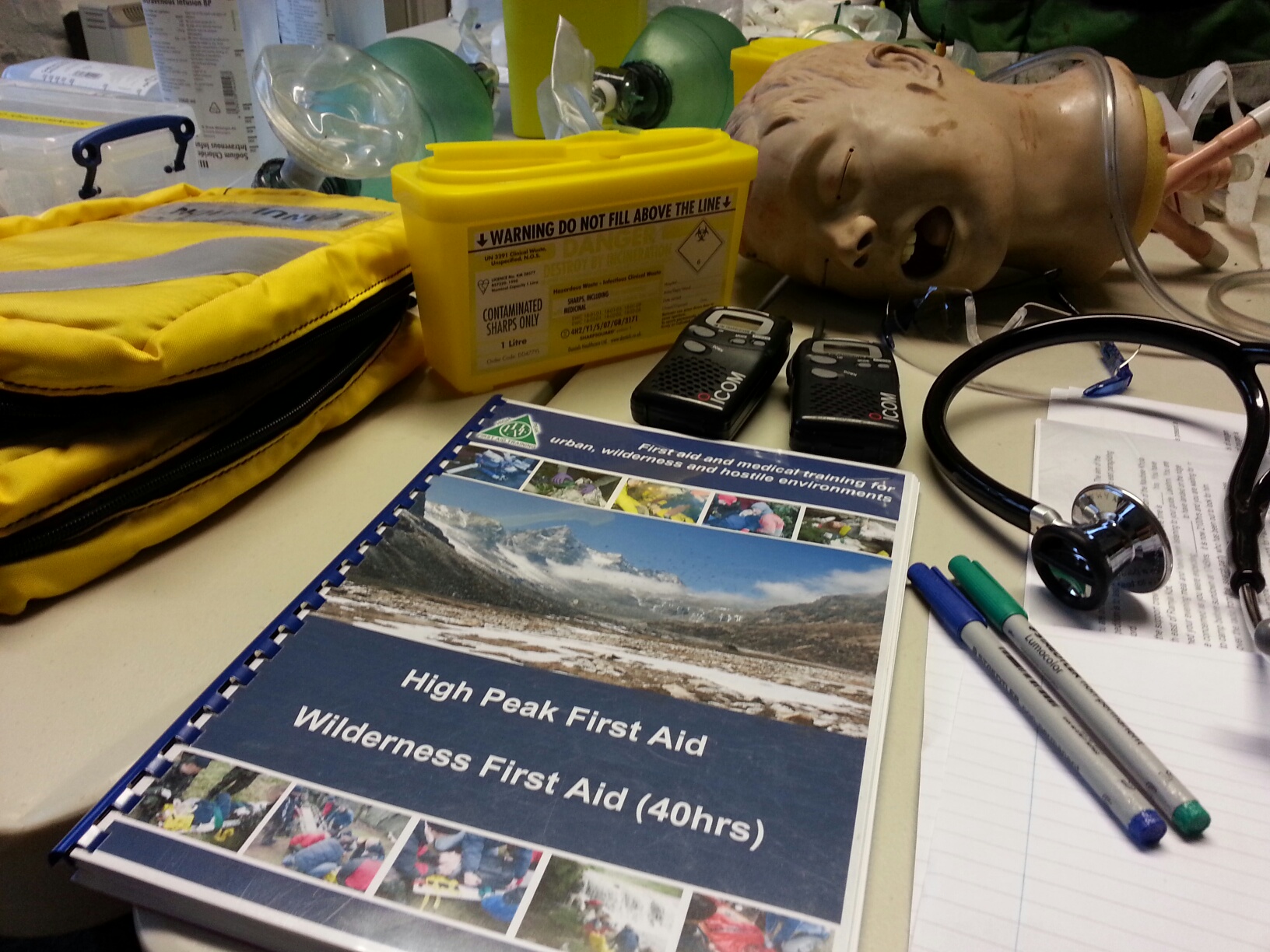
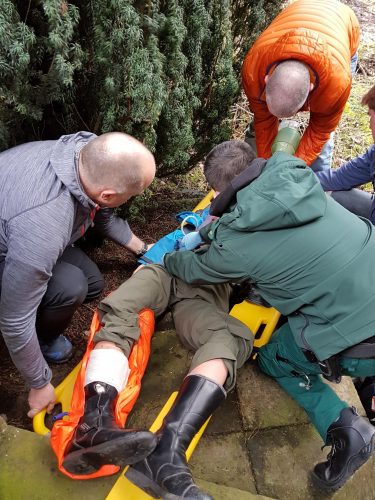
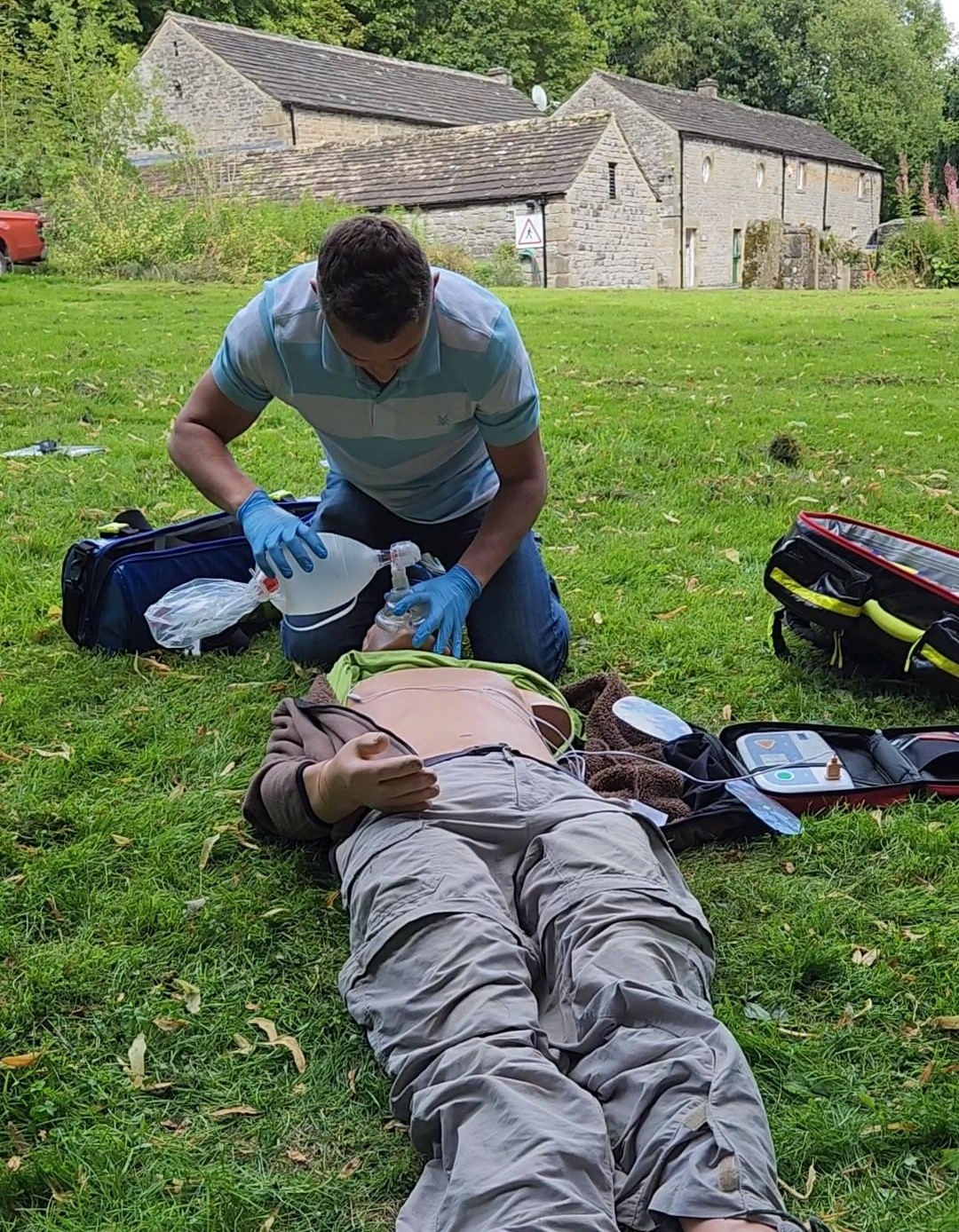
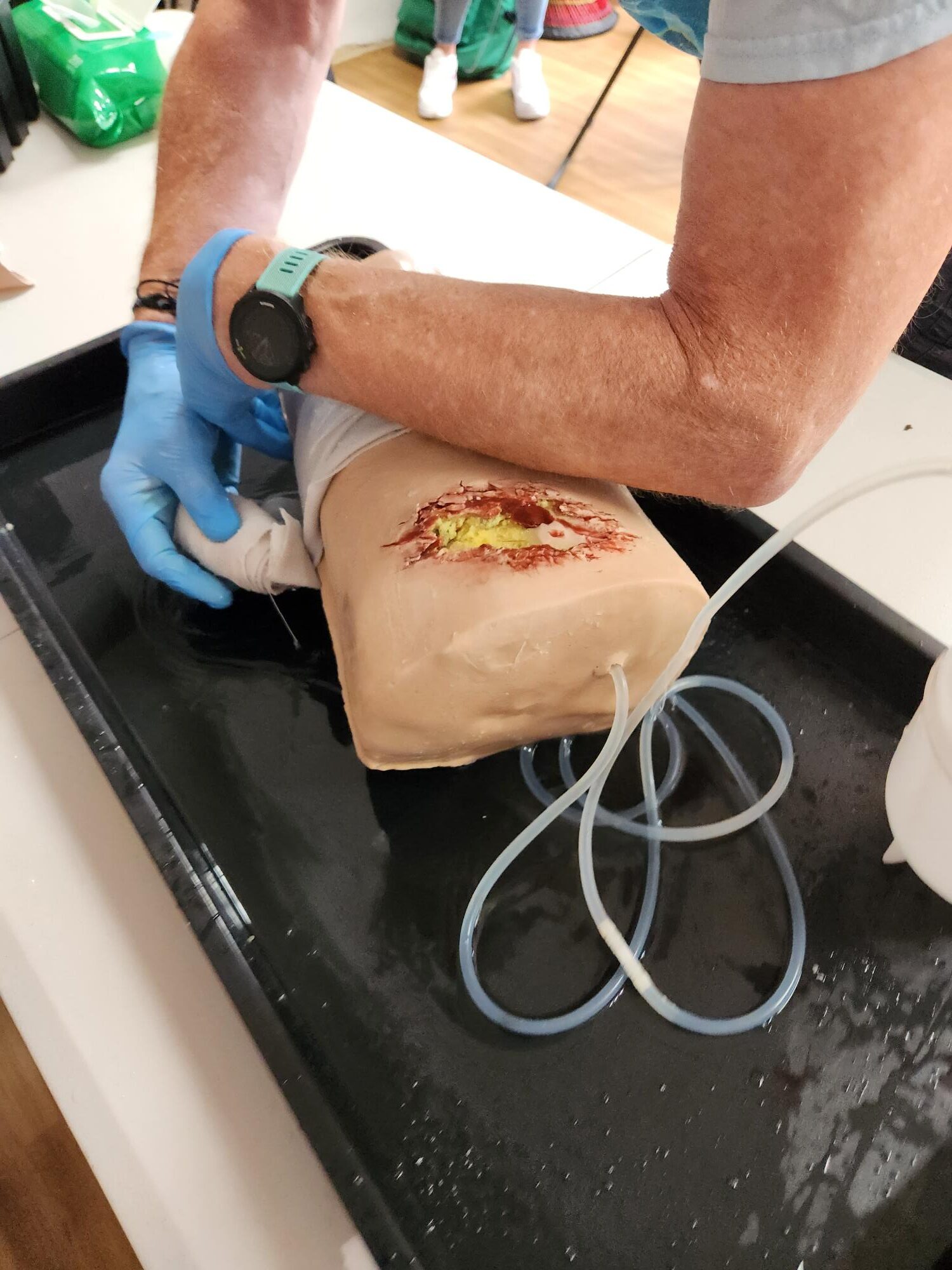
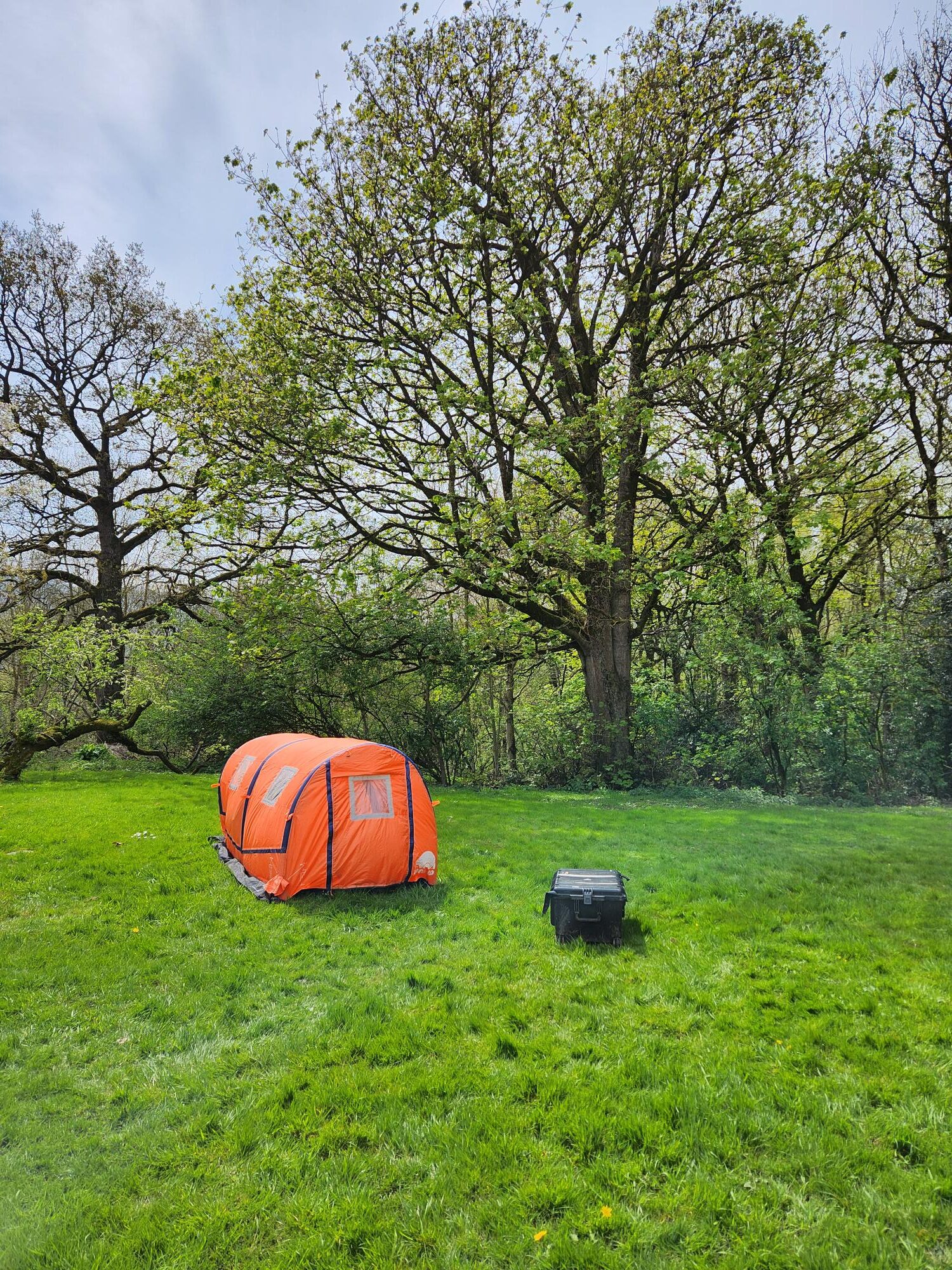
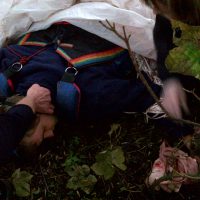
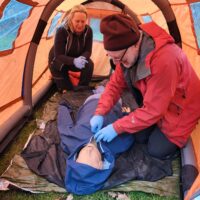
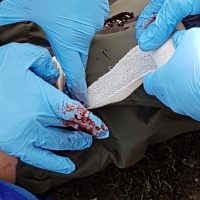
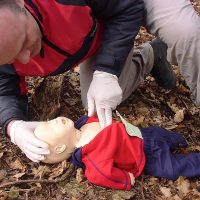


Reviews
There are no reviews yet.